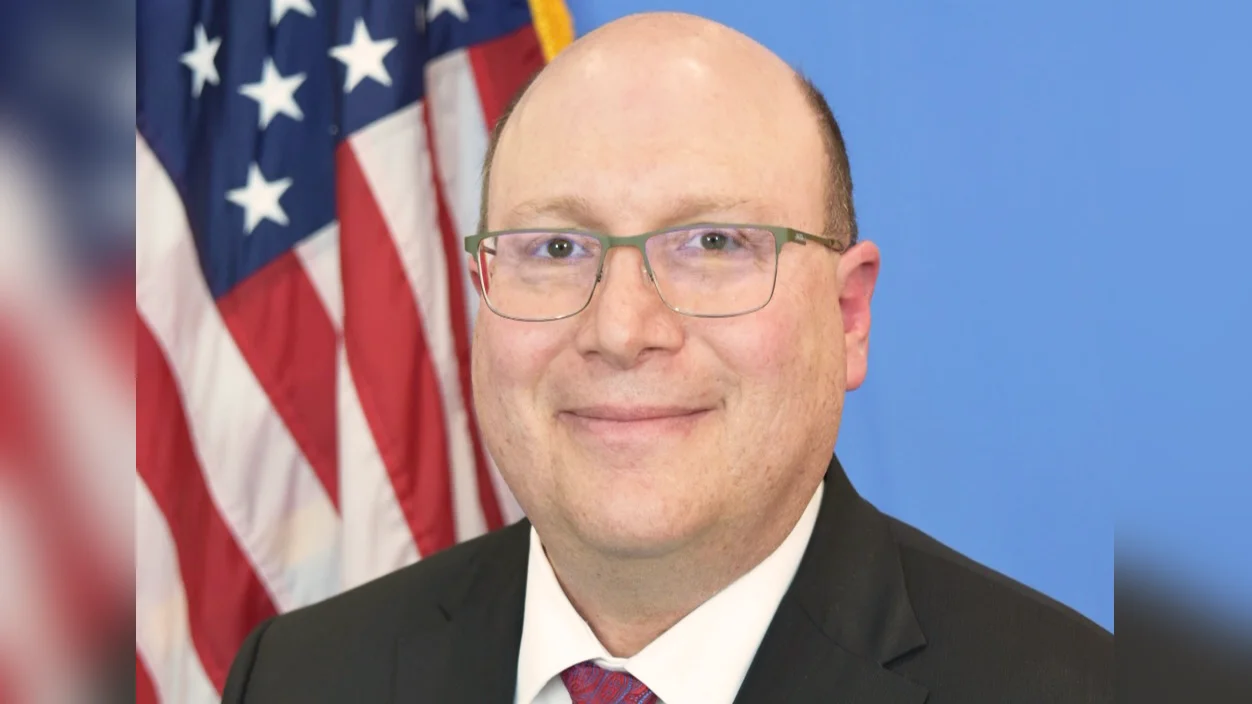Chargé d’Affaires Howard Solomon delivered a statement on behalf of Australia, the United Kingdom, and the United States at the IAEA Board of Governors Meeting in Vienna. The focus was on addressing claims about AUKUS partners' intentions concerning nuclear materials transfer and nonproliferation standards.
Solomon emphasized that the agenda item in question has not been adopted as a standing item by the Board and lacks consensus support. He described it as a distraction from more pressing issues. Discussions on naval nuclear propulsion are to occur when appropriate, particularly when reports from the Director General are available.
The AUKUS partners aim for transparency while setting high nonproliferation standards. Director General Grossi has expressed satisfaction with their engagement. An event held at the NPT Preparatory Committee in New York on May 1 was highlighted as an example of their commitment to transparency.
Solomon clarified that Australia's arrangement under AUKUS will not serve as a model for others but will demonstrate adherence to high nonproliferation standards. Other Member States interested in similar programs must negotiate directly with the IAEA for verification arrangements.
The AUKUS Naval Nuclear Propulsion Agreement includes legal obligations ensuring no nuclear material is transferred to Australia until proper arrangements with the IAEA are established. This agreement entered into force in January 2025.
Addressing false claims about AUKUS, Solomon reiterated that it does not involve cooperation on nuclear weapons and complies with international obligations under the NPT and safeguards agreements. The partnership will proceed only if it meets high nonproliferation standards.
The U.S., along with its partners, remains committed to transparency and engaging openly with Member States on genuine questions regarding their partnership's development.

